|
The main goal of this course was to make the participants reflect on what it means to have a supportive classroom and how to create a positive climate for the students. It was possible for them to imagine what would the perfect classroom look like and how to create it. In this course they learnt the main skills revolving around an effective classroom management through the tools they were given to create a supportive environment for their students. Nowadays, the classroom heterogeneity reflects a wide range of special needs that have to be taken into consideration in the attempt of forming a supportive and inclusive climate.
These were the main topics discussed in the new edition of the course “Effective Classroom Management Strategies for teachers and education staff” that took place in Bologna from 20/11/2022 to 26/11/2022. The participants came from all across Europe, with Anne, Ole, Hilde, Hilde Irene and Arne from Verdalvideregåendeskole in Norway, Magnus from Borgarholtsskóli in Iceland, Joanna, Yareri and Agnieszka from ZespółSzkolno-Przedszkolny nr 1 in Poland, Liina, Helle-Viivi and Ivo from Sinimae Elementary School in Estonia. During the course three major factors of Classroom Management emerged as critically important in shaping a supportive climate for students. First, engagement: the class should have a strong network of relationships, promoting respect for diversity and school participation. The second factor discussed was safety because the class should be a safe place, both emotionally and physically. Lastly, the environment is essential: the class should be a happy place, transmitting peace and calm, promoting dialogue and understanding. First, they learnt about Social Emotional Learning, the capacity of individuals to recognize their own and other people's emotions, to discriminate between different feelings and label them appropriately, and to use emotional information to guide thinking and behavior. This specific skill is essential in creating a more tolerant and supportive atmosphere. Then, group dynamics were explored. Taking care of the group dynamics present in the classroom is a crucial element in ensuring a tension-free atmosphere that encourages students’ participation. To be more inclusive, the group later performed an activity to approach various aspects of diversity that was called “learning stations”: in each station, one of the diversity topics was discussed in a different way. The participants later focused on communication, especially investigating the difference between fixed and growth mindset. After being put to test and challenged on the assumptions they had about their own mindsets, the group analyzed the characteristics of what is called “growth mindset” and put their knowledge to practice by doing some group exercises. Later, the topic of “Flipped Classroom” was presented. In a combination of theory and practice, the participants tested some ICT tools that could be beneficial and helpful in managing a Flipped Classroom, to make the management of their classes extremely efficient and effective. Finally, conflict management was discussed. After exploring their own perceptions and preconceptions, the participants gained insights on how conflicts can also be extremely beneficial if managed in the right way. The participants proved to be ready to challenge themselves and be again on the “other side” of the classroom from one week. The heterogeneity of the group itself was a precious key factor for achieving the set objectives. More info on this course here |
Welcome to the ELA Blog. Here you will find articles and photos of our courses and have a look at the topics addressed during the week in Bologna, Palermo and Tenerife. You will also have the chance to take a peek at our projects and check out what we have been up to.
Archives
July 2024
Categories |
-
Course catalogue
- 2023-2024 course catalogue
- Soft Skills >
- ICT and New Technologies >
- Inclusion and Diversity >
-
Innovative Teaching Methods
>
- Innovative teaching methods discovery
- Non-formal education teaching methods
- Dual education and work-based learning
- Teaching leadership and entrepreneurship
- Project based learning
- Game based learning and gamification
- Green skills
- Outdoor education
- Outdoor education trekking edition
- Promoting creativity and critical thinking
- Languages and EU projects >
- Preschool >
- Erasmus Plus KA1
- What we do
- About us
- Locations
- Blog
- Contact us
 English
English български
български Čeština
Čeština Español
Español Français
Français ελληνικά
ελληνικά Italiano
Italiano Polski
Polski Português
Português Română
Română
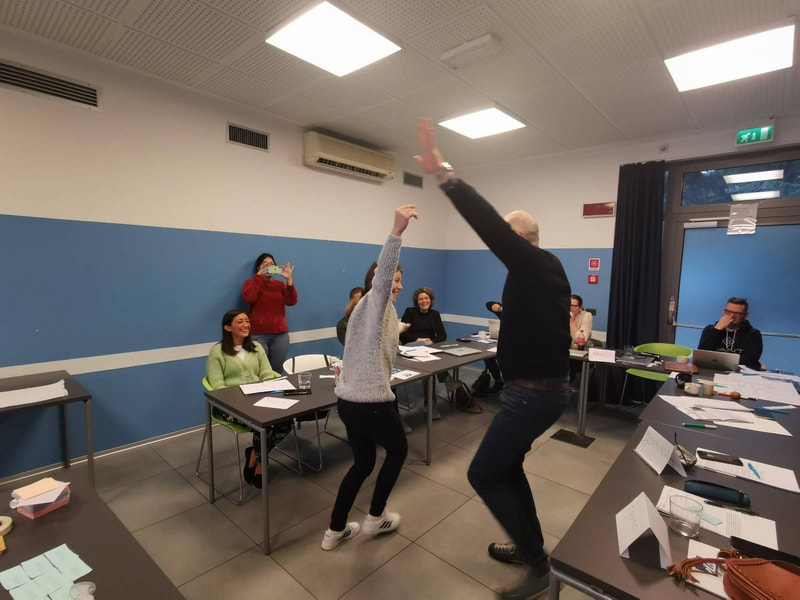
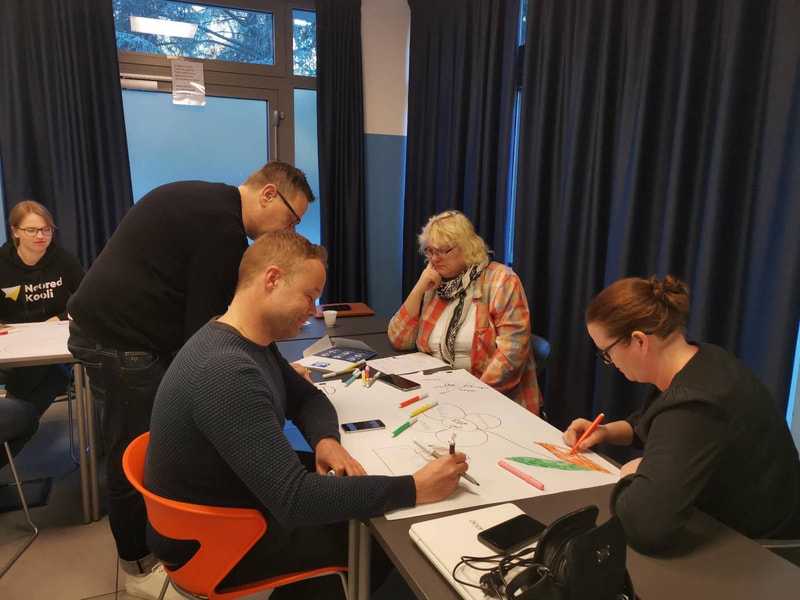
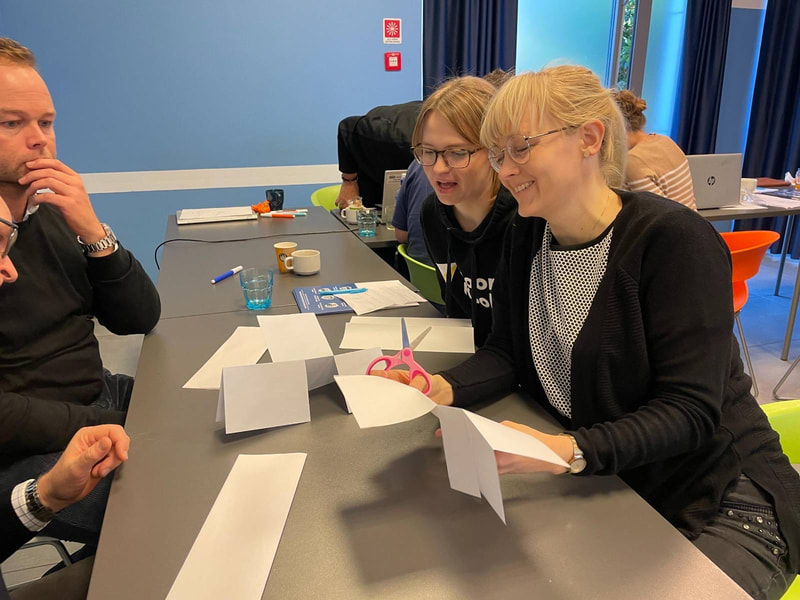
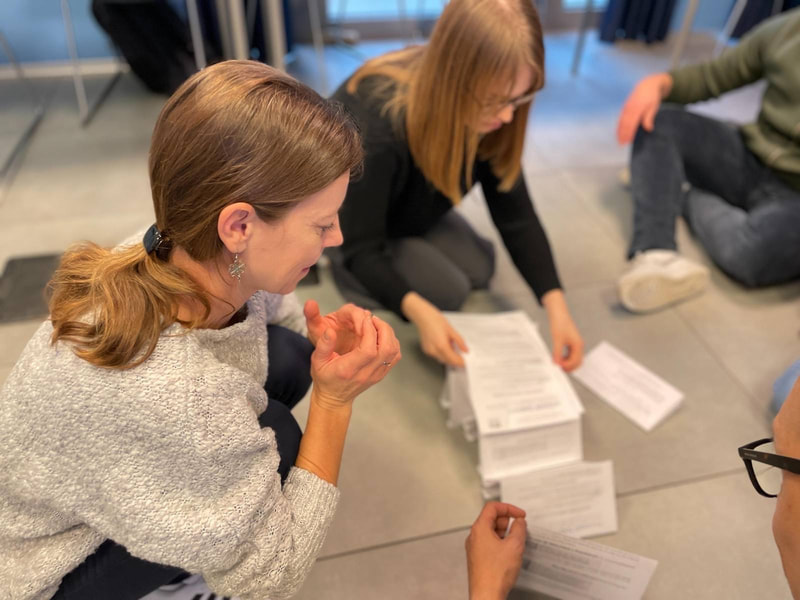
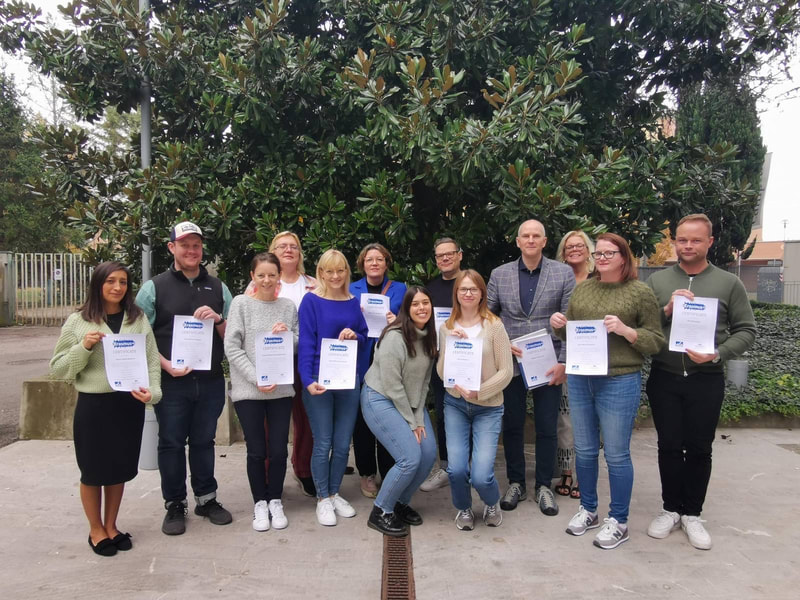
 RSS Feed
RSS Feed









